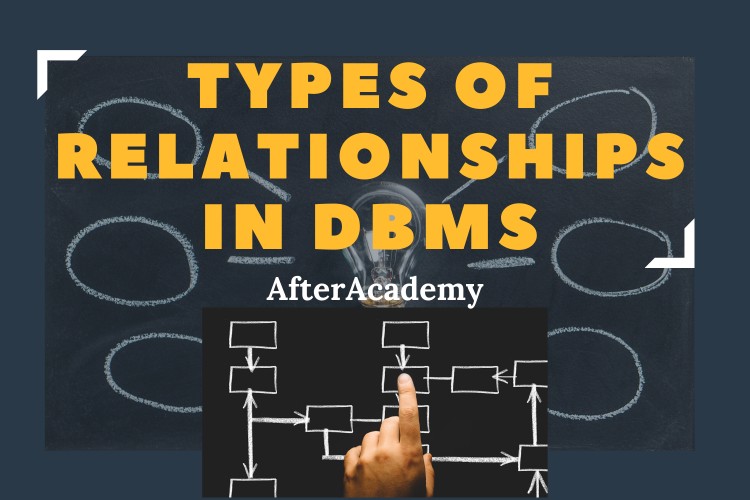Difference between Trigger and Stored procedure in DBMS
AfterAcademy Tech
•
16 Mar 2020
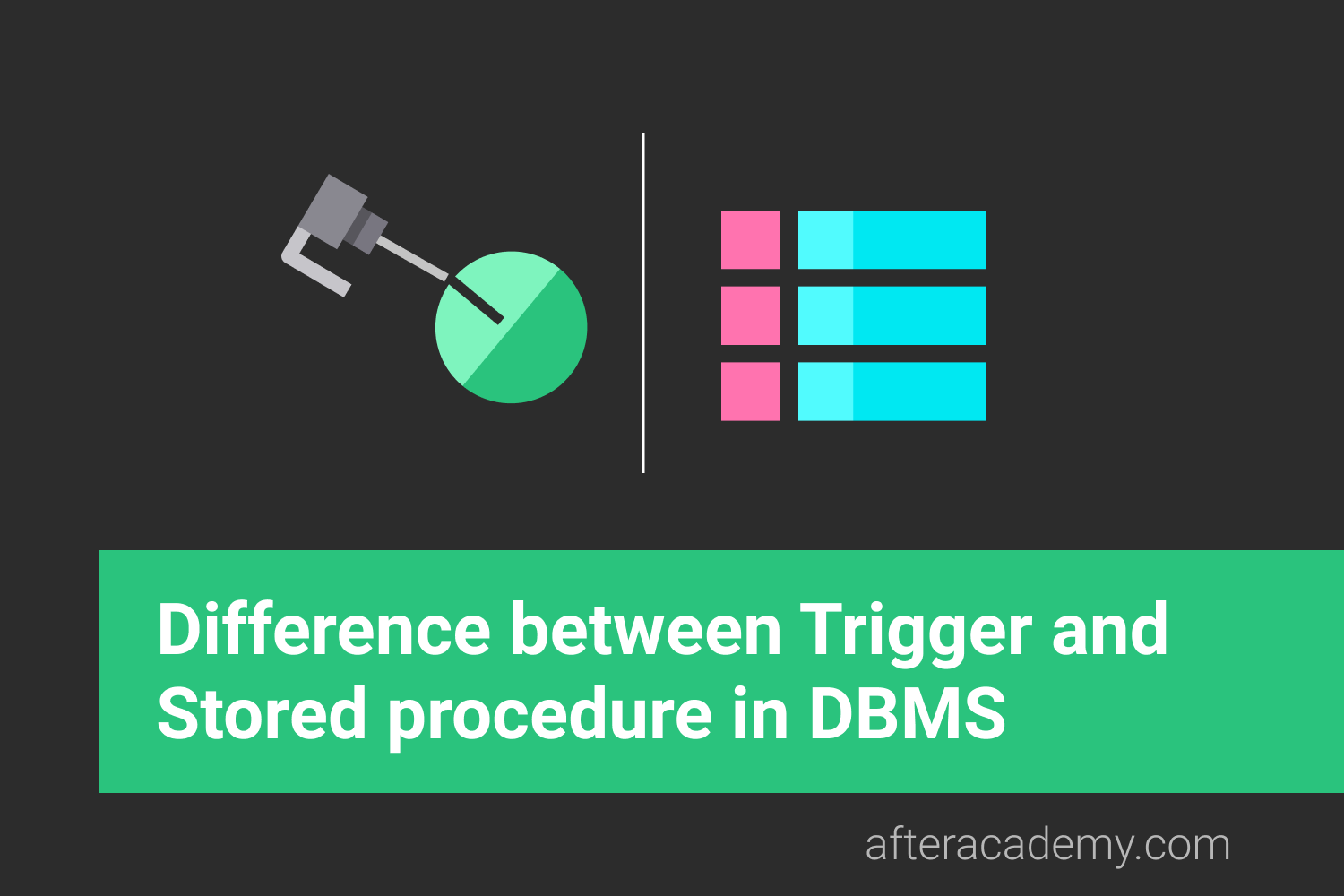
In the last two blogs, we have learned about triggers and stored procedures. Both perform a specified task but the major difference comes in the execution part. Triggers are called automatically while the stored procedures are invoked explicitly by the user. You can learn more about Triggers and Stored Procedures form the earlier blogs. In this blog, we will learn about the differences between them. So, let's get started.
Differences
- Execution: We can execute a Stored Procedure whenever we want with the EXEC command. But, the triggers are fired automatically whenever a specified event(insert, update, delete) is performed on the table.
- Parameter: Stored Procedures can take parameters as input but Triggers cannot take parameters as input.
- Return Values: Stored Procedures can return values but Triggers cannot return value.
- Transaction: Transaction statements such as begin transaction, commit transaction, and rollback inside a Stored Procedure. But, these statements cannot be used inside Trigger.
- Calling: Stored Procedure can be called inside a Trigger. But, Triggers cannot be defined inside a Stored Procedure as the Triggers have to invoked automatically when any event (insert, update, delete) occurs.
- Scheduling: A job can be scheduled to execute a Stored Procedure on a predefined time. But, triggers cannot be scheduled.
- Print command: We can use Print command inside a Stored Procedure for the debugging process. But, we cannot use Print statements inside Triggers. This is one of the reasons why debugging Triggers are troublesome.
- Uses: Stored Procedures are basically used for performing the user-specific tasks. Whereas, the Triggers are normally used for maintaining the referential integrity of the database and performing the auditing work. The activities of the table events can be traced by using Triggers.
This was about the differences between Triggers and Stored Procedures. If you have come this far, it means you liked what you are reading. Hope you learned something new today.
Do share this blog with your friends to spread the knowledge. Visit our YouTube channel for more content. You can read more blogs from here.
Keep Learning 🙂
Team AfterAcademy!
Written by AfterAcademy Tech
Share this article and spread the knowledge
Read Similar Articles
AfterAcademy Tech
What is a Stored Procedure in DBMS?
In this blog, we will learn what is a stored procedure in DBMS, and how it is executed depending on the number of parameters passed.
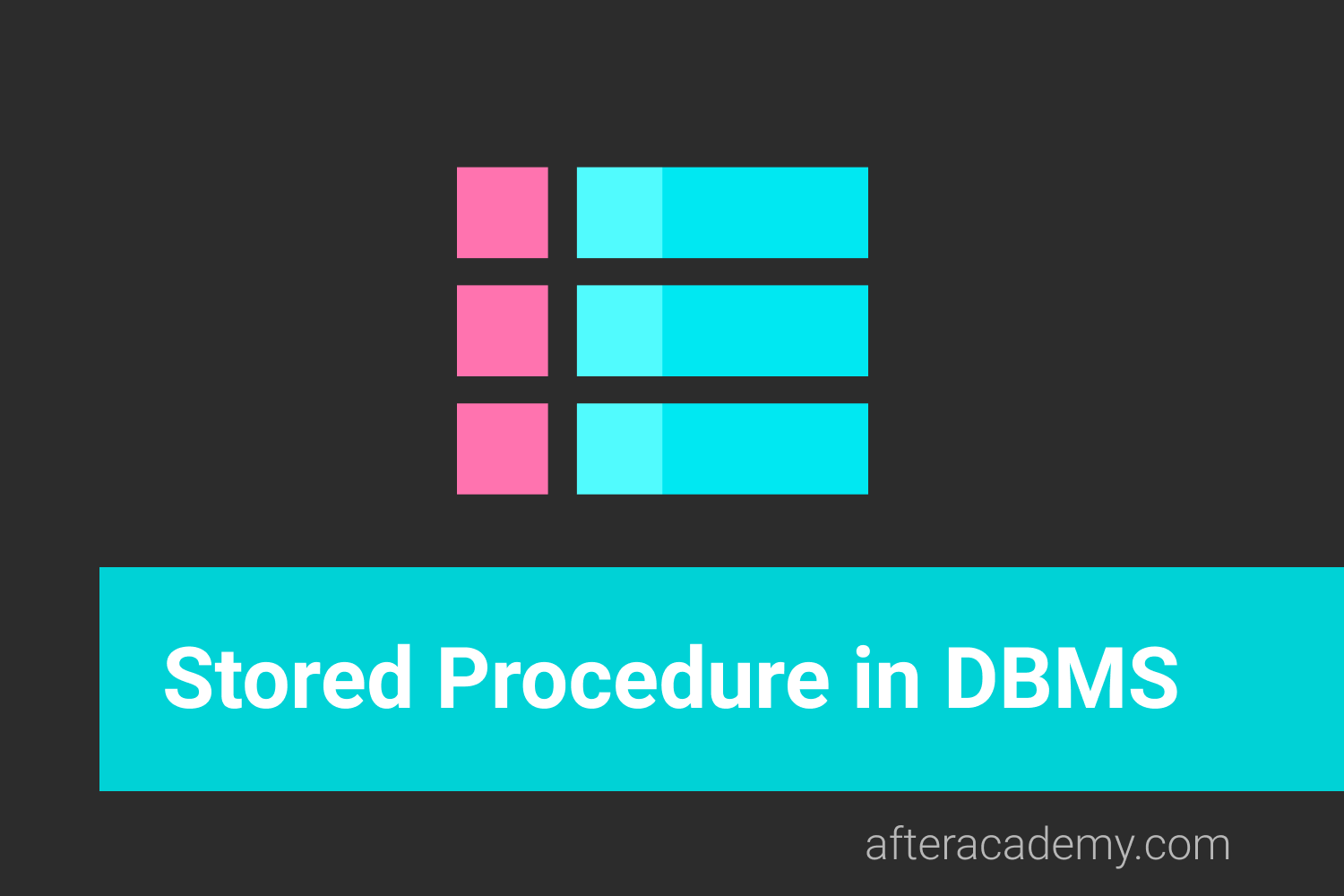
AfterAcademy Tech
What is a Trigger in DBMS?
In this blog, we will learn why a trigger is needed, what is it, what are the advantages and disadvantages of using a trigger.
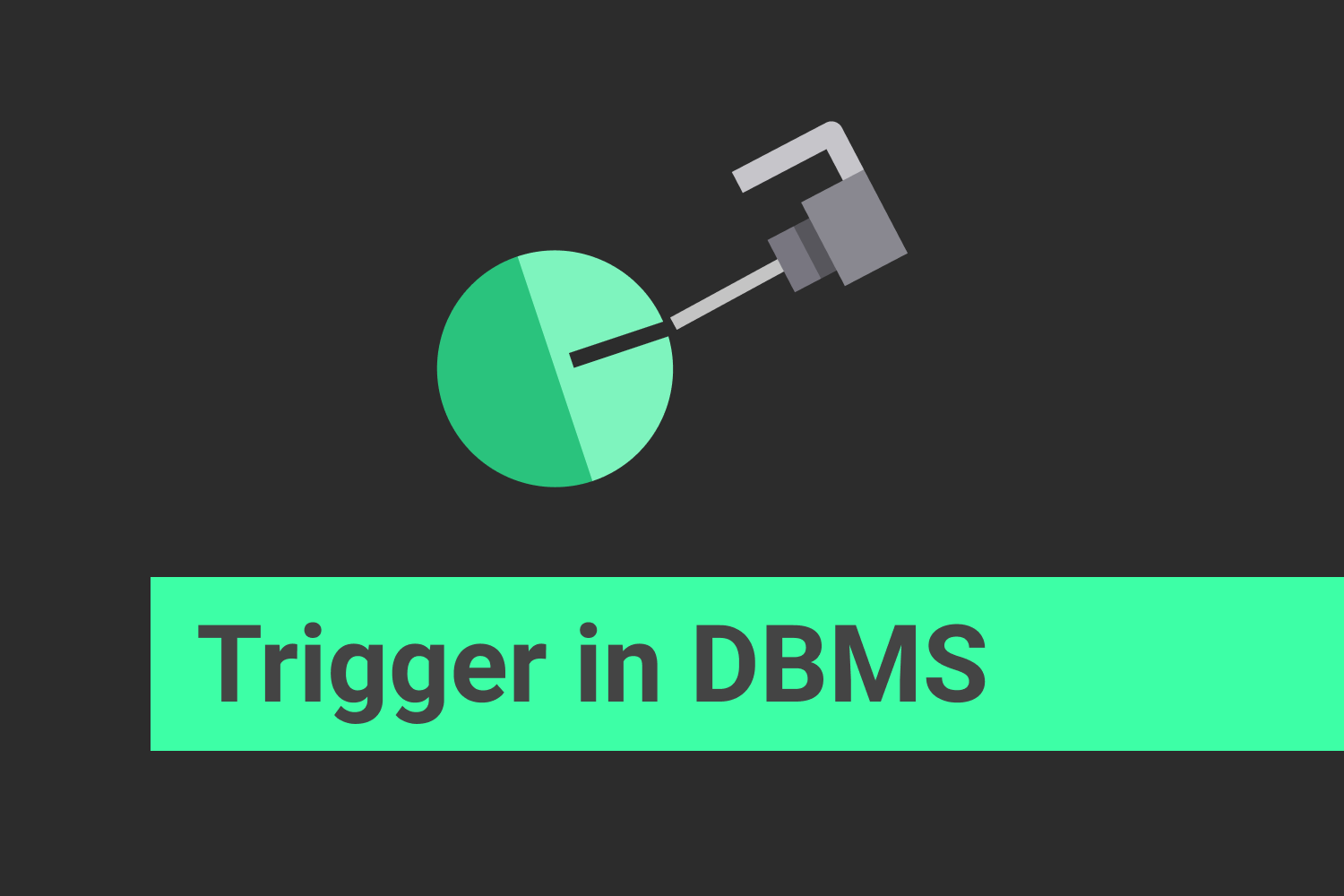
AfterAcademy Tech
What is the difference between DBMS and RDBMS?
In this blog, we will learn what is RDBMS and how it is different from DBMS. People often use these words intechangeably. But there is a difference between these two terms. So, let's learn how.
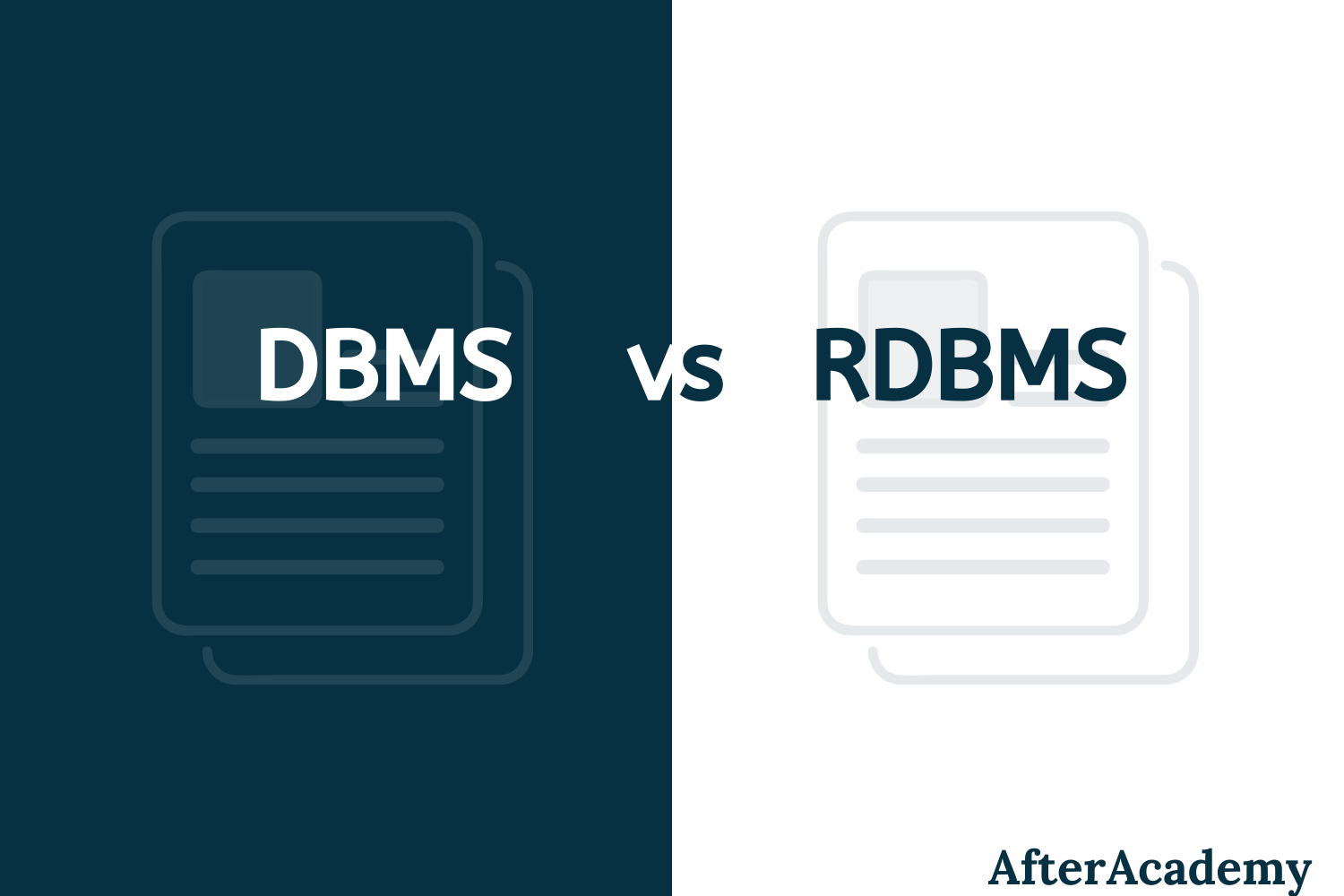
AfterAcademy Tech
What are the different types of relationships in DBMS?
In this blog, we will study various types of relationships in DBMS which help in defining the association between various entities. Also, we will discuss the types of participation constraints which may exist between the relationship and the entity type.
